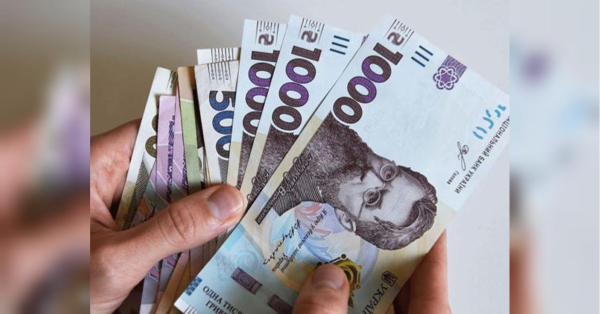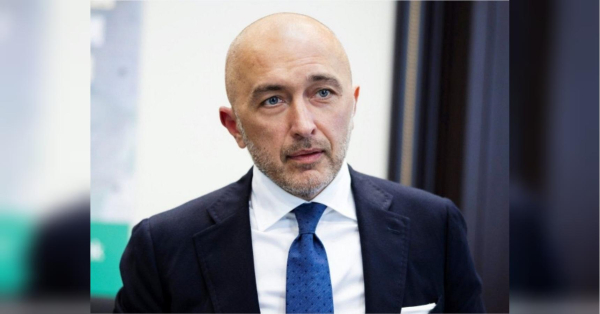
CAIRO — One of Libya’s rival prime ministers rejected Thursday the prospect of normalizing relations with Israel days after news broke of a secret meeting between the countries' two foreign ministers.
Last Sunday, the Israeli Foreign Minister Eli Cohen publicly announced that he and Libya's foreign minister had held a private meeting in Rome the previous week, the first ever between top diplomats from both countries.
The next day, Libya's Prime Minister Abdul Hamid Dbeibah suspended Foreign Minister Najla Mangoush and launched investigation into the meeting. It is illegal to normalize ties with Israel under a 1957 law in Libya, which has long been hostile toward Israel and supportive of the Palestinians.
“We affirm our rejection of any form of normalization,” Dbeibah said during a televised ministerial meeting on Thursday evening. “Long live Libya, long live Palestine, and long live the Palestinian cause in all of our hearts,” he remarked.
Israel’s Foreign Ministry declined to comment on Dbeibah's remarks.
The meeting ignited angry street protests in several Libyan cities, prompting Mangoush to flee to Turkey for fear of her safety. Her exact whereabouts remain unknown.
"Unfortunately there was an individual in the government who acted independently," Dbeibah said in reference to the Rome meeting. Harsh measures would be taken in response, he added, but provided no further details.
Two senior Libyan government officials previously told The Associated Press that the prime minister did in fact know about the talks between his foreign minister and the Israeli chief diplomat. One of the officials said Dbeibah gave his approval the meeting, while the second said Mangoush then briefed the prime minister about it after her return to Tripoli.
The second official also said Dbeibah gave his initial approval for joining the U.S.-brokered Abraham Accords, but he was concerned about public backlash in a country where the support for the Palestinian cause is strong. The officials spoke on condition of anonymity because of the sensitivity of the matter.
Libya slid into chaos after a NATO-backed uprising toppled longtime dictator Moammar Gadhafi in 2011. For years, the country has split between the Western-backed government in Tripoli and a rival administration in the country’s east. Each side has been backed by armed groups and foreign governments.
Sourse: abcnews.go.com






